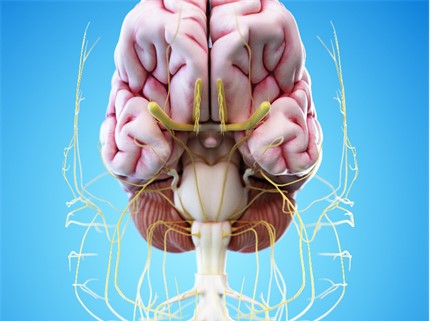Supporting a loved one in recovery from addiction can be a challenging and emotional journey. While your support and encouragement can be invaluable, it’s essential to understand how to be an effective ally without enabling harmful behaviors or undermining their progress. In this blog, Thomas Cothren of New York will explore practical strategies and guidance for supporting a loved one in recovery, fostering open communication, setting healthy boundaries, and creating a supportive environment for their journey to sobriety.
Understanding the Role of a Supportive Ally
Being a supportive ally to a loved one in recovery involves more than just offering words of encouragement or sympathy. It requires empathy, understanding, and active engagement in their journey towards sobriety. As a supportive ally, your role is to provide encouragement, guidance, and accountability while respecting their autonomy and agency in the recovery process. Here are some key principles to keep in mind:
- Empathy and Understanding: Take the time to listen to your loved one’s experiences, thoughts, and feelings without judgment or criticism. Show empathy and understanding for their struggles, challenges, and victories in recovery.
- Education and Awareness: Educate yourself about addiction, recovery, and the challenges your loved one may face along the way. Understanding the nature of addiction can help you offer more informed support and guidance.
- Encouragement and Validation: Offer words of encouragement, validation, and support to boost your loved one’s confidence and self-esteem. Celebrate their progress, no matter how small, and remind them that you believe in their ability to overcome challenges.
- Setting Healthy Boundaries: Establish clear and healthy boundaries to protect your own well-being while supporting your loved one in recovery. Be firm but compassionate in enforcing boundaries around behavior, communication, and expectations.
- Avoiding Enabling Behaviors: Avoid enabling harmful behaviors or making excuses for your loved one’s actions. Instead, encourage accountability, responsibility, and self-reliance in their recovery journey.
- Creating a Supportive Environment: Create a supportive environment that promotes sobriety and well-being. Remove triggers and temptations from the home, encourage healthy habits and activities, and foster connections with supportive individuals and communities.
Practical Strategies for Supporting a Loved One in Recovery:
- Open Communication: Foster open and honest communication with your loved one about their recovery journey, concerns, and needs. Encourage them to express their feelings and thoughts without fear of judgment or criticism.
- Active Listening: Practice active listening by giving your full attention to your loved one when they speak. Validate their feelings, ask clarifying questions, and reflect back what you hear to demonstrate understanding and empathy.
- Offering Practical Assistance: Offer practical assistance and support to help your loved one navigate the challenges of recovery. This could include helping with transportation to appointments, assisting with household chores or responsibilities, or providing emotional support during difficult times.
- Encouraging Healthy Coping Mechanisms: Encourage your loved one to develop healthy coping mechanisms for managing stress, cravings, and triggers. This could include mindfulness practices, exercise, hobbies, or engaging in activities that promote relaxation and well-being.
- Attending Support Meetings Together: Offer to attend support meetings or therapy sessions with your loved one to show your support and solidarity. This can also provide you with valuable insights into their recovery journey and help strengthen your bond.
- Celebrating Milestones and Achievements: Celebrate your loved one’s milestones and achievements in recovery, no matter how small. Acknowledge their progress and resilience, and express your pride and admiration for their efforts.
Supporting a loved one in recovery from addiction requires empathy, understanding, and active engagement in their journey towards sobriety. By being an effective ally, you can provide encouragement, guidance, and support while respecting their autonomy and agency in the recovery process. By fostering open communication, setting healthy boundaries, and creating a supportive environment, you can help your loved one navigate the challenges of recovery with confidence, resilience, and hope for a brighter future.



